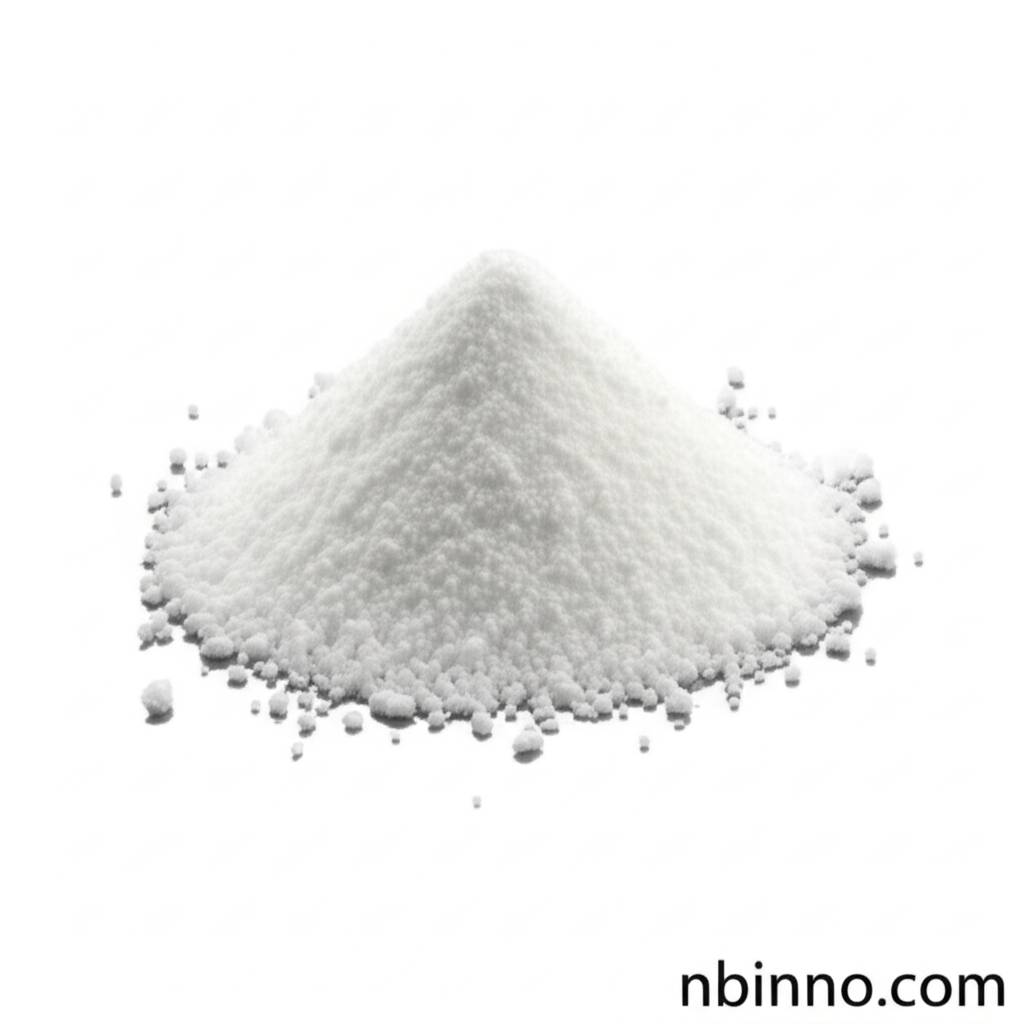VX-984: A Potent DNA-PK Inhibitor for Cancer Research and Therapy Enhancement
Exploring VX-984 for enhanced cancer treatment efficacy through DNA repair inhibition.
Get a Quote & SampleProduct Core Value

VX-984
VX-984 is an advanced, orally active, and highly selective inhibitor of DNA-dependent protein kinase (DNA-PK). Its ability to penetrate the blood-brain barrier makes it a valuable tool in neuroscience and oncology research. By effectively suppressing the non-homologous end joining (NHEJ) pathway and increasing DNA double-strand breaks (DSBs), VX-984 plays a critical role in sensitizing cancer cells to conventional treatments.
- Unlock advanced cancer treatments by understanding the role of DNA-PK inhibitor VX-984 in targeting DNA repair mechanisms.
- Explore the potential of M9831 DNA-PK inhibitor in developing novel therapeutic strategies for difficult-to-treat cancers.
- Leverage VX-984's ability to inhibit NHEJ and increase DSBs to enhance the effectiveness of chemotherapy and radiotherapy.
- Investigate the benefits of an oral DNA-PK inhibitor for patient convenience and broader application in clinical settings.
Key Advantages Offered
Enhanced Therapeutic Efficacy
Utilize VX-984 for cancer therapy by significantly boosting the cytotoxic effects of ionizing radiation and chemotherapy through precise DNA damage response modulation.
Targeted Cancer Research
Advance glioblastoma treatment research and non-small cell lung cancer therapy research with VX-984, a compound known for its efficacy in these challenging conditions.
Improved Drug Delivery
Benefit from VX-984's blood-brain barrier penetration, enabling research into treatments for brain tumors and other central nervous system-related cancers.
Key Applications
Oncology Drug Development
VX-984 serves as a crucial pharmaceutical intermediate in the development of new anti-cancer drugs, specifically those targeting DNA repair pathways.
DNA Repair Mechanism Study
Researchers utilize VX-984 to study the complex DNA damage and repair processes, particularly the role of DNA-PKcs autophosphorylation.
Chemosensitization and Radiosensitization
The compound's ability to enhance the effects of chemotherapy and radiotherapy makes it invaluable for combination therapy research.
Glioblastoma and NSCLC Research
VX-984 is a key research chemical for investigating potential treatments for aggressive cancers like glioblastoma and non-small cell lung cancer.
